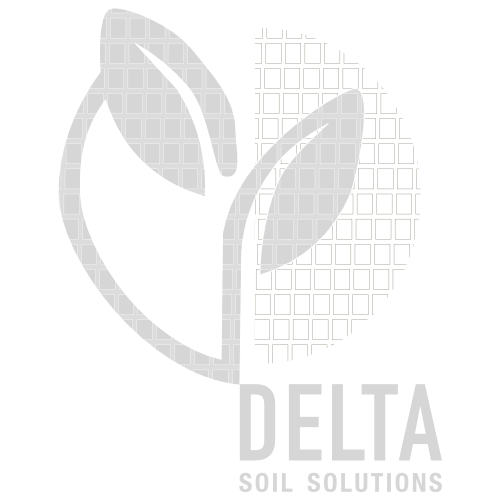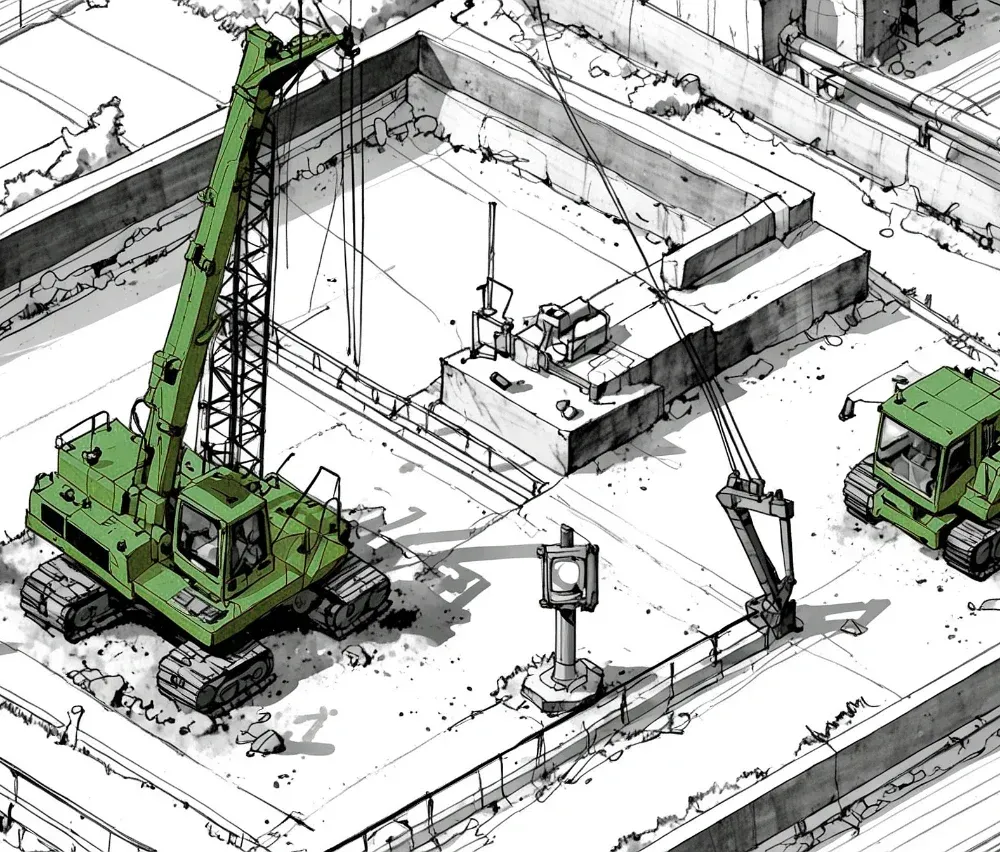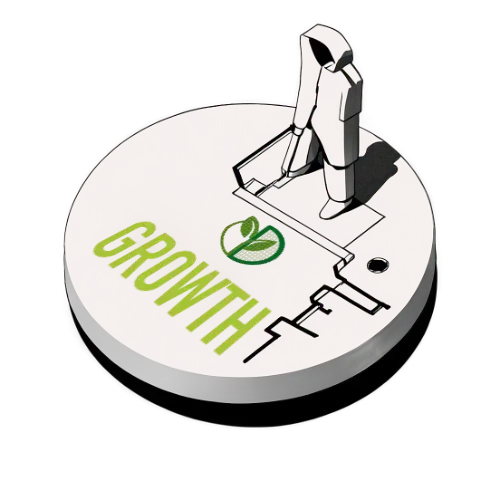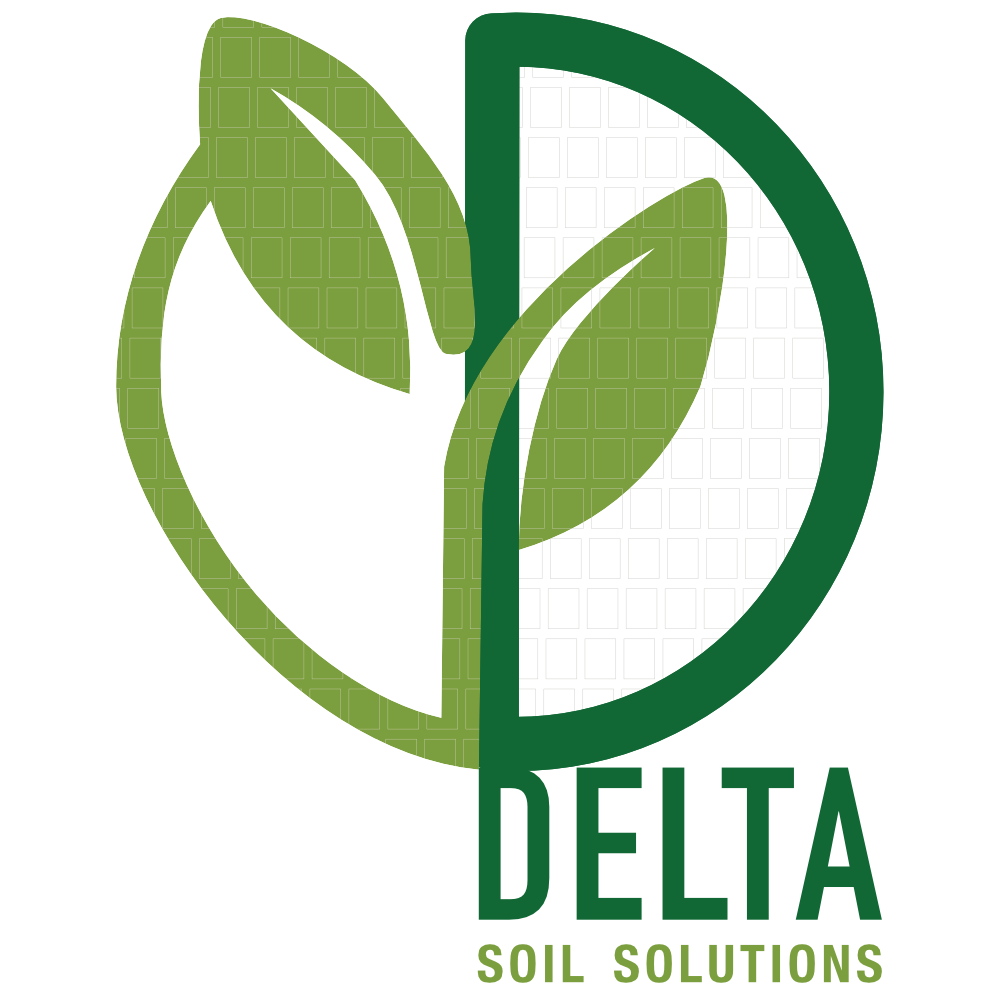Article
Mandatory Digital Waste Tracking in the UK: Navigating Risks and Rewards
In the ever-evolving landscape of environmental regulations, the UK is poised to take a significant step forward with the introduction of Mandatory Digital Waste Tracking. This new legislation, set to revolutionise the waste management industry, will eliminate the need to complete waste transfer notes and hazardous waste consignment notes, instead requiring comprehensive tracking and recording of all waste types to enhance transparency and compliance with legal requirements. At Delta Soil Solutions, we’re committed to keeping our clients informed and prepared for these changes. Let’s delve into the risks and rewards of this upcoming legislation and how it might impact your operations.
Preparing for the Change
To navigate the risks and capitalise on the rewards, businesses should start preparing now:
1. Stay Informed: Keep abreast of updates from the Environment Agency and other relevant bodies about the implementation timeline and specific requirements.
2. Assess Current Systems: Evaluate your existing soil waste management processes to identify areas that will need to change.
3. Invest in Training: Ensure your staff are prepared for the new system by providing comprehensive training.
4. Review Data Management: Assess your data management practices to ensure they’re robust enough to handle the new digital requirements.
5. Engage with Waste Partners: Discuss the changes with your soil waste management partners to ensure a coordinated approach.
6. Consider Early Adoption: Look into options for early adoption of digital tracking systems to get ahead of the curve.

Introduction to Digital Waste Tracking
The UK government’s introduction of mandatory digital waste tracking marks a pivotal shift towards enhancing waste management practices and curbing waste crime. This innovative digital waste tracking service is designed to provide a comprehensive method for monitoring waste from its production to its final disposal. By digitizing the entire process, it becomes significantly easier to oversee and manage waste movements, ensuring greater accountability and transparency. The primary objectives of this service are to streamline waste tracking, reduce illegal dumping, and foster a more sustainable approach to waste management.
How Delta Soil Solutions Digital Waste Tracking Service Can Help
At Delta Soil Solutions, we’re committed to helping our clients navigate these changes successfully. Our team is staying at the forefront of these regulatory developments and can provide guidance on:
- Interpreting the new legislation and its implications for your business
- Assessing your current soil waste management practices and identifying areas for improvement
- Recommending suitable digital tracking solutions that align with your operations
- Providing training and support to help your team adapt to the new systems
- Ensuring your soil waste management practices are fully compliant with the new regulations
- Understanding and complying with the requirements of an environmental waste permit in the context of the new digital tracking system
Understanding the New Mandatory Digital Waste Tracking Legislation
The Mandatory Digital Waste Tracking system is part of the UK government’s efforts to modernise waste management practices and improve environmental outcomes. This digital waste movement tracking system will replace the current paper-based soil waste transfer note system and hazardous waste consignment notes, requiring all businesses that produce, transport, or process soil waste to record their waste movements electronically. The new system will also eliminate the need for separate hazardous waste returns, streamlining the tracking process.
The primary goals of this legislation are to:
1. Enhance transparency in soil waste management
2. Tackle waste crime and illegal dumping
3. Improve data accuracy and accessibility
4. Promote more efficient resource use and recycling
While the exact implementation date is yet to be confirmed, [be ready for April 2025] businesses should start preparing now to ensure a smooth transition when the system goes live.
Current Waste Management Practices
Currently, waste management practices in the UK are somewhat fragmented, relying heavily on a mix of disparate IT systems and traditional paper-based record-keeping. This patchwork approach has led to a lack of transparency and accountability, making it challenging to accurately track waste movements and effectively combat waste crime. The introduction of the digital waste tracking service aims to centralise and standardise waste tracking data. This will not only simplify compliance for legitimate waste companies but also make it more difficult for rogue operators to exploit the system and engage in illegal activities.

The Rewards: Opportunities for Commercial and Industrial Soil Waste Innovation and Efficiency
1. Streamlined Operations
One of the most significant benefits of digital waste tracking is the potential for streamlined operations. By replacing paper-based systems with digital records, businesses can save time and reduce administrative burdens. This efficiency can lead to cost savings and allow staff to focus on more value-added activities.
2. Improved Data Accuracy and Accessibility
Digital tracking will provide real-time, accurate data on all waste types and movements through digital waste tracking records. This improved visibility can help businesses make more informed decisions about their soil waste management strategies, potentially leading to cost savings and improved environmental performance.
3. Enhanced Compliance and Reduced Risk
With a digital system, it becomes easier to demonstrate compliance with waste regulations. This can help businesses avoid penalties and reputational damage associated with non-compliance. The system may also help identify and prevent potential compliance issues before they become problems.
4. Environmental Benefits
By providing a clearer picture of waste flows, the digital tracking system could help identify opportunities for soil waste reduction, reuse, and recycling. This aligns with the growing emphasis on circular economy principles and can help businesses improve their environmental credentials.
5. Competitive Advantage
Early adopters of the digital waste tracking system may gain a competitive edge. By demonstrating leadership in environmental management and compliance, businesses can enhance their reputation with customers, stakeholders, and regulators.
The Risks: Challenges to Navigate 2025 Mandatory Digital Waste Tracking Legislation
1. Implementation Costs
Transitioning to a new digital waste tracking system will inevitably involve some upfront costs. Businesses may need to invest in new software, hardware, and/or training for staff. However, these initial investments should be weighed against the long-term benefits and potential cost savings.
2. Technical Challenges
As with any new technology, there may be teething problems as the waste tracking record system is rolled out. Businesses might face issues with software compatibility, data migration, or system downtime. It’s crucial to have contingency plans in place to manage these potential disruptions. Accurate tracking and documentation are essential, especially when waste is moved between different permitted waste sites.
3. Data Security and Privacy Concerns
With increased digitalisation comes increased responsibility for data security. Businesses will need to ensure they have robust systems in place to protect sensitive waste data from cyber threats and unauthorised access.
4. Adapting to New Processes
Change can be challenging, and some staff may resist new digital processes. Comprehensive training and clear communication about the benefits of the new system will be essential to ensure smooth adoption across the organisation.
5. Potential for Increased Scrutiny
With more transparent and accessible waste data, businesses may face increased scrutiny from regulators local authorities, stakeholders, and the public. While this transparency can be positive, it also means that any discrepancies or issues in waste management practices could be more readily identified.
Waste Types and Tracking
Under the new digital waste tracking service, detailed records will be required for all types of controlled waste and extractive waste. This includes hazardous and non-hazardous waste, green waste, and commercial and industrial waste. Businesses will need to document critical information such as the type and quantity of waste, its destination, and details about the waste carriers and disposal methods. Additionally, waste producers will be responsible for recording the movements of controlled waste and extractive waste, ensuring a comprehensive and transparent tracking system.
Data Management and Security
Ensuring the secure management of waste tracking data is a cornerstone of the digital waste tracking service. The system will employ robust data management protocols to store and process waste tracking information securely. Strict access controls will be implemented to prevent unauthorized access, safeguarding sensitive data from potential cyber threats. Furthermore, the service will adhere to data retention requirements, with hazardous waste data being retained for three years and non-hazardous waste data for two years, ensuring compliance and accountability.
Costs and Impact Assessment
The digital waste tracking service is anticipated to have a positive impact on the waste management industry by enhancing transparency and reducing waste crime. The service is designed to be cost-effective, with an estimated annual service charge of around £20. This modest fee is expected to be outweighed by the benefits of improved waste management practices and reduced illegal activities. A final impact assessment, to be published when the secondary legislation is laid in summer 2024, will provide a detailed evaluation of the costs and benefits associated with the new system, ensuring that stakeholders are fully informed of its implications.
Embracing the Digital Future of Soil Waste Tracking Records
While the transition to Mandatory Digital Waste Tracking may present some challenges, it also offers significant opportunities for businesses to improve their waste management practices, have waste producers enhance efficiency, and demonstrate environmental leadership. While householders moving their own waste do not need to maintain records on the digital waste tracking service, operators of household waste recycling centres must document the acceptance of any commercial waste and maintain records for waste removal.
By preparing early and approaching the change with a positive mindset, businesses can turn these regulatory requirements into a competitive advantage. The future of soil waste management is digital, and those who embrace this change will be well-positioned to thrive in an increasingly environmentally conscious business landscape.
At Delta Soil Solutions, we’re excited about the potential of digital waste tracking to drive positive change in our industry. We’re here to support you every step of the way as we collectively work towards a more sustainable, efficient, and transparent waste management future. We are happy to work as part of a wider groundworks team or provide a full turnkey service to manage, stabilise and/or remove all hazardous waste and non hazardous waste.
Remember, in the world of environmental management, change is constant. By staying informed, prepared, and adaptable, we can turn challenges into opportunities and continue to lead the way in responsible soil waste management practices.
Author: Des Travers
TAGS:
Delta Soil Solutions |
Mandatory Waste Soil Tracking |
Waste Soil Recording
Delta Soil Solutions operates a full turnkey service across the UK. We have a proud record working efficiently as part of a wider Project team.







